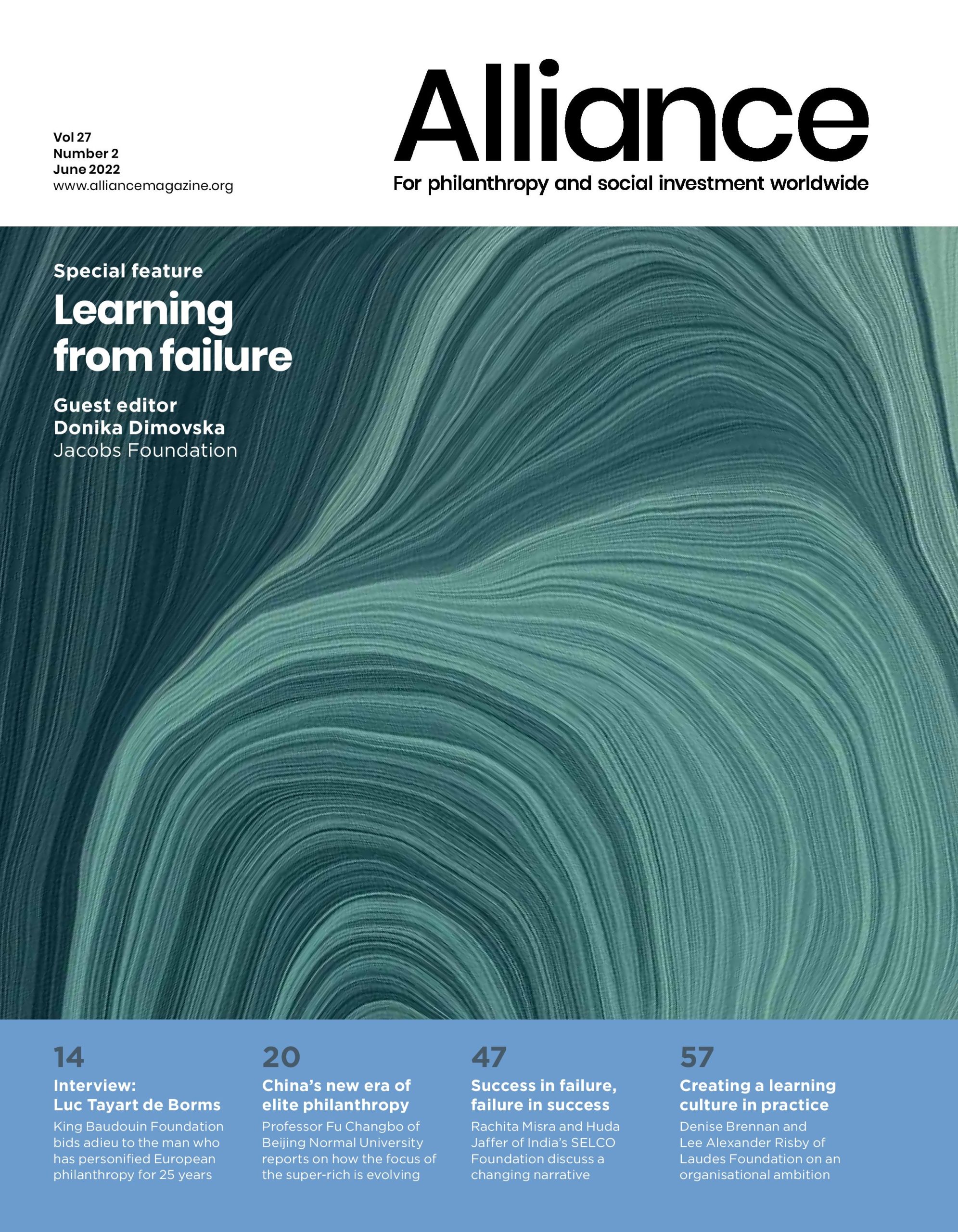Failures: in a spirit of openness, let me advance one of my own. Long ago, I was entered in an elocution competition, in which the competitors, all children too young to be able to say no, had to recite one of two poems. Being of a naturally indolent disposition, I chose the easiest one to memorise (an irony which the reader will shortly appreciate). The kids must have gone in alphabetical order so I had to listen to others take their turn. Many, surprisingly, had chosen the other poem. Eventually, I stood up, with a slight buzzing in my ears, gazed out over a sea of hats… and immediately plunged into the other poem! I stopped mortified and confused. A murmur of sympathy issued from the assembled parents. A woman said, ‘he’s forgotten it!’ in a loud stage whisper. Somehow, I got back on track. It was perhaps therefore only a partial failure (the article by Rachita Misra and Huda Jaffer of the SELCO Foundation makes the important point that few failures or successes are unqualified). What I learned from the experience was to avoid speaking in public whenever possible. It was maybe not the most heroic of lessons, but I did learn from it.
Clearly this is the crucial point about failure. Its value lies in how we can learn to avoid repeating it. Everyone would acknowledge this in principle, but there are at least two obstacles to putting it into practice. The first is a natural reluctance to talk about failure. The second is the difficulty of changing. As Amy Edmondson notes in an article in the Harvard Business Review (which is also referred to by guest editor Donika Dimovska of the Jacobs Foundation), ‘learning from organizational failures is anything but straightforward’. Echoing a point made by many of the articles in this special feature, she argues that a changed attitude to failure is needed. ‘Organizations need new and better ways to go beyond lessons that are superficial or self-serving. That means jettisoning old cultural beliefs and stereotypical notions of success…’
This is the crucial point about failure. Its value lies in how we can learn to avoid repeating it.
Again, as with the special feature articles, she also highlights the importance of leadership. In fact, the critical role leaders play in an organisation’s openness to discussing and drawing its lessons is one of the keynotes of this special feature. Only leaders can make the kind of cultural shift required by creating a psychologically safe environment, in which failure is not reprehended, ensuring that ‘their organizations develop a clear understanding of what happened – not of “who did it” – when things go wrong.’ This idea is emphasised by the fact that a discussion on failure at Laudes Foundation was led off by its CEO, as Denise Brennan and Lee Risby highlight, illustrating the role of leaders in creating a learning culture. Another idea from Edmondson’s article which should resonate for non-profits is her belief that a large number of organisational failures ‘are due to the inherent uncertainty’ – unavoidable failures in complex systems, an idea which will strike a chord with many foundations.
Subscribe now from only £45 a year!
This article is only available for our subscribers
Existing users can login here



